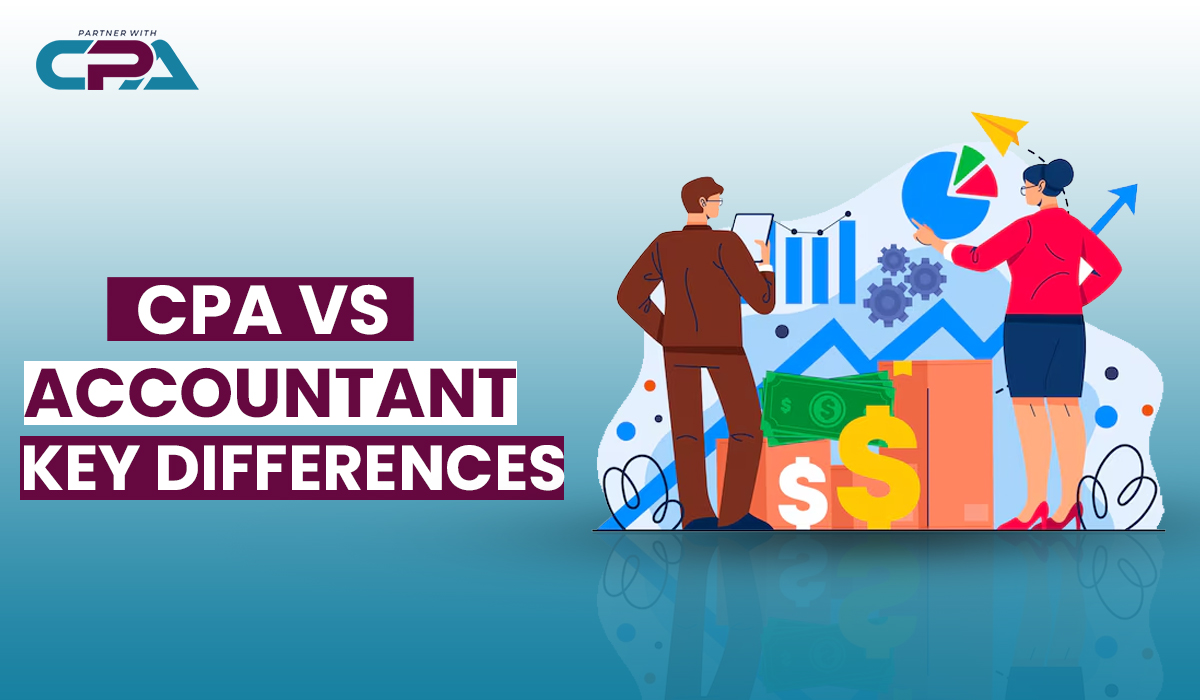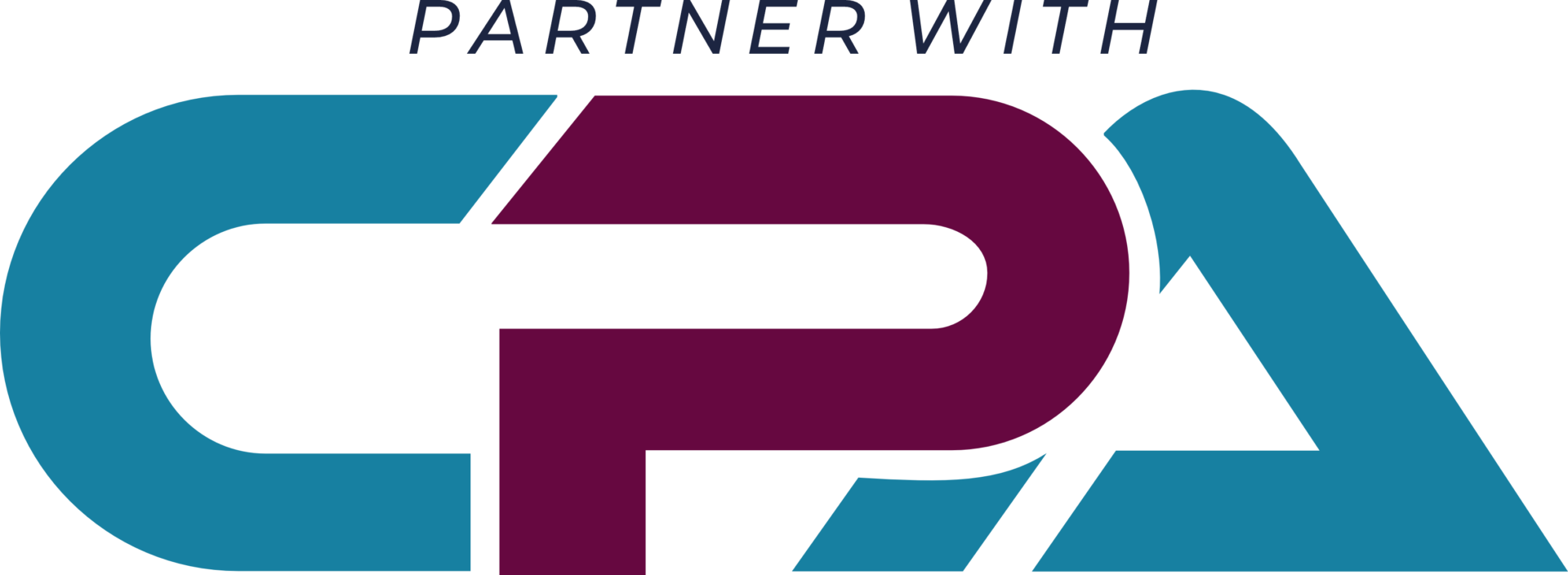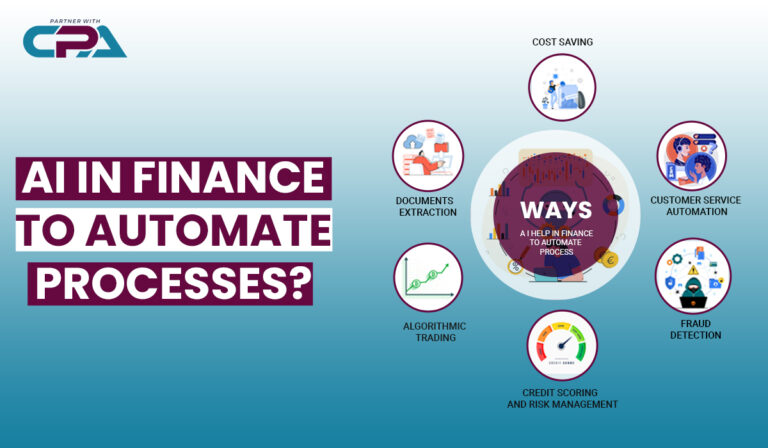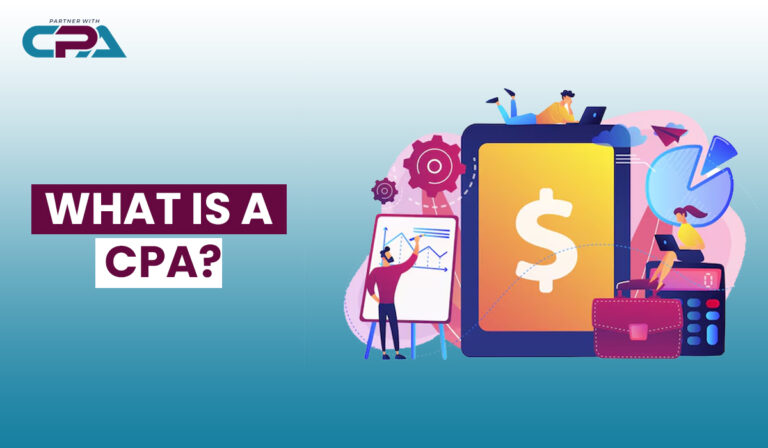CPA Career Guide: Jobs, Education, and CPA vs. Accountant Comparison

What is a CPA Job?
A Certified Public Accountant (CPA) job involves a range of responsibilities related to financial reporting, auditing, tax preparation, and consulting. CPAs work in various industries, including public accounting firms, corporations, government agencies, and non-profits. Their primary tasks include preparing financial statements, ensuring compliance with tax laws, conducting audits, and offering strategic financial advice to businesses and individuals. CPAs often specialize in areas such as forensic accounting, tax advisory, or corporate finance, providing tailored expertise to meet clients’ needs.
The role of a CPA extends beyond bookkeeping; they serve as trusted financial advisors who help businesses optimize their tax strategies, identify risks, and ensure compliance with ever-changing regulations. Many CPAs also work in management positions, overseeing financial operations and making strategic decisions that impact an organization’s growth and stability.
What is a CPA Firm?
A CPA firm is a business entity that provides accounting, auditing, tax, and financial advisory services. These firms can range from small, independent operations to large multinational corporations like the “Big Four” (Deloitte, PwC, EY, and KPMG). CPA firms often assist clients in maintaining accurate financial records, optimizing tax strategies, and adhering to regulatory standards.
CPA firms typically offer a variety of services, including:
- Tax preparation and planning for individuals and businesses
- Audit and assurance services
- Financial consulting and risk management
- Forensic accounting and fraud investigation
- Business valuation and merger/acquisition advisory
Hiring a CPA firm can be beneficial for businesses looking to streamline their financial operations, minimize tax liabilities, and ensure compliance with local and federal regulations.
What is a CPA Salary?
The salary of a CPA varies based on experience, location, and industry. According to the U.S. Bureau of Labor Statistics, the median annual wage for accountants and auditors, including CPAs, is around $75,000. However, CPAs typically earn higher salaries due to their specialized skills and certifications. Entry-level CPAs may start at $55,000–$65,000, while experienced CPAs and those in managerial roles can earn upwards of $120,000 or more.
Several factors influence CPA salaries, including:
- Industry: CPAs in finance, consulting, and technology sectors tend to earn higher salaries than those in government or non-profits.
- Location: CPAs in major metropolitan areas, such as New York, San Francisco, and Chicago, often receive higher compensation.
- Certifications and Specializations: Advanced certifications like Certified Management Accountant (CMA) or Chartered Financial Analyst (CFA) can boost earnings.
- Experience Level: Senior CPAs, partners in firms, and those with extensive experience command premium salaries.
What is a CPA Degree?
A CPA degree is typically a bachelor’s degree in accounting or a related field, such as finance or business administration. While there is no specific “CPA degree,” individuals must complete relevant coursework in accounting principles, taxation, auditing, and business law to meet CPA exam eligibility requirements.
A traditional CPA education pathway includes:
- Earning a bachelor’s degree (typically 120 credit hours)
- Completing an additional 30 credit hours (often through a master’s degree or additional coursework) to meet the 150-hour requirement
- Gaining hands-on accounting experience through internships or entry-level positions
- Preparing for and passing the Uniform CPA Examination
Some universities offer specialized CPA tracks within their accounting programs, designed to help students meet the exam requirements efficiently.
What is Required to Become a CPA?
To become a CPA, candidates must fulfill several requirements, which vary by state but generally include:
- Education – A bachelor’s degree with at least 150 credit hours of coursework in accounting and business-related subjects.
- CPA Exam – Passing the Uniform CPA Examination, which consists of four sections: Auditing and Attestation (AUD), Business Environment and Concepts (BEC), Financial Accounting and Reporting (FAR), and Regulation (REG).
- Work Experience – Most states require 1-2 years of work experience under the supervision of a licensed CPA.
- Ethics Exam – Some states mandate passing an ethics exam in addition to the CPA exam.
- State Licensing – Meeting the licensing requirements set by the state’s board of accountancy.
Each state’s Board of Accountancy has specific rules, so it’s essential to check the requirements in the state where you plan to practice.
What is Required to Be a CPA?
To officially be recognized as a CPA, one must obtain licensure after passing the CPA exam and fulfilling work experience requirements. Additionally, CPAs must comply with Continuing Professional Education (CPE) requirements to maintain their license.
Ongoing professional development ensures CPAs stay updated with the latest tax laws, financial regulations, and industry trends. Most states require CPAs to complete 40 hours of CPE annually.
What is Required for a CPA?
Besides the academic and licensing requirements, CPAs must have strong analytical, problem-solving, and communication skills. They should also be proficient in financial software and updated with changes in tax laws and accounting standards.
To remain competitive, CPAs often pursue additional credentials such as:
- Certified Management Accountant (CMA)
- Certified Internal Auditor (CIA)
- Chartered Financial Analyst (CFA)
- Enrolled Agent (EA)
These certifications help CPAs specialize in specific areas, increasing their value and earning potential.
What is the Difference Between a CPA and an Accountant?
An accountant is a professional who records, organizes, and analyzes financial data for individuals or businesses. However, not all accountants are CPAs. A CPA is an accountant who has met rigorous education, experience, and licensing requirements, making them qualified to perform specialized financial and tax-related tasks.
What is the Difference Between an Accountant and a CPA?
While accountants and CPAs share similar responsibilities, CPAs have additional privileges, such as:
- Certification & Licensing – CPAs must pass the Uniform CPA Exam and meet state licensing requirements, while accountants do not need certification to work.
- Auditing & Representation – CPAs can conduct audits and represent clients before the IRS, whereas non-CPA accountants cannot.
- Higher Earning Potential – CPAs generally command higher salaries and have more career advancement opportunities.
- Regulatory Compliance – CPAs must adhere to a strict code of ethics and complete continuing education to maintain their license.
A CPA designation adds credibility and opens up more opportunities, making it a valuable certification for accountants looking to advance their careers.
Conclusion
A CPA career offers diverse job opportunities, competitive salaries, and professional growth. Becoming a CPA requires meeting specific education and licensing requirements, but the benefits outweigh the challenges. Additionally, understanding the distinction between CPAs and accountants helps individuals and businesses make informed financial decisions. If you’re considering a career in accounting, pursuing CPA certification can open doors to higher earnings and greater job prospects.

I’m Qaisar Umar, a Digital Marketing Expert, Web Designer, and Growth Strategist with experience ranking 90+ brands and working with 200+ international clients. I’m SEMrush certified and trained by iSkills, specializing in SEO, web design, and growth strategies to help businesses scale online.
Passionate about technology and ranking tactics, I stay ahead of trends to drive real results. Whether it’s boosting visibility, improving engagement, or growing a brand, I focus on strategies that work.


